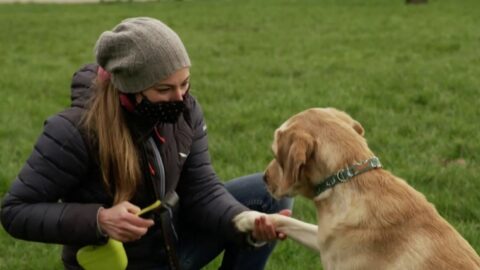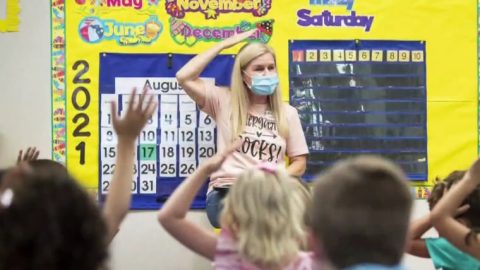The Centers for Disease Control and Prevention is investigating a multistate salmonella outbreak that the agency believes may be linked to wild songbirds and bird feeders.
Nineteen people in eight states have been infected with salmonella, bacteria that can cause diarrhea, fever and stomach cramps from six hours to six days after exposure, the CDC said Thursday. They range in age from 2 months old to 89 years old, according to the agency.
“Epidemiologic and laboratory data show that contact with wild songbirds and bird feeders is likely making people sick in this outbreak,” the CDC said.
Infections have occurred in California, Washington, Oregon, Tennessee, New Hampshire, Oklahoma, Mississippi and Kentucky. The first cases were reported on Dec. 27, according to officials. So far, eight people have been hospitalized. No deaths have been reported.
In Oregon and Washington, the salmonella found in sick or dead pine siskins, a songbird species noted for its yellow-streaked feathers, was closely related to the one found in infected people, according to the CDC.
The California Department of Fish and Wildlife said in February it was “inundated” with calls from residents who reported sick or dead pine siskins, which were found to have salmonellosis, the disease caused by salmonella.
Birds can contract the infection when they eat food, drink water or come into contact with objects like bird feeders contaminated with an infected bird’s feces, according to the department. Infected birds “often appear weak, have labored breathing, and may sit for prolonged periods with fluffed or ruffled feathers,” the department said.
The CDC recommends people wash their hands after touching wild birds, bird feeders or bird baths. The agency also advises people to clean and disinfect bird feeders and bird baths weekly or when they are visibly dirty.
Most birds die within 24 hours of infection, while most people recover without treatment. Some severe cases can require hospitalization and antibiotics.










Recent Comments